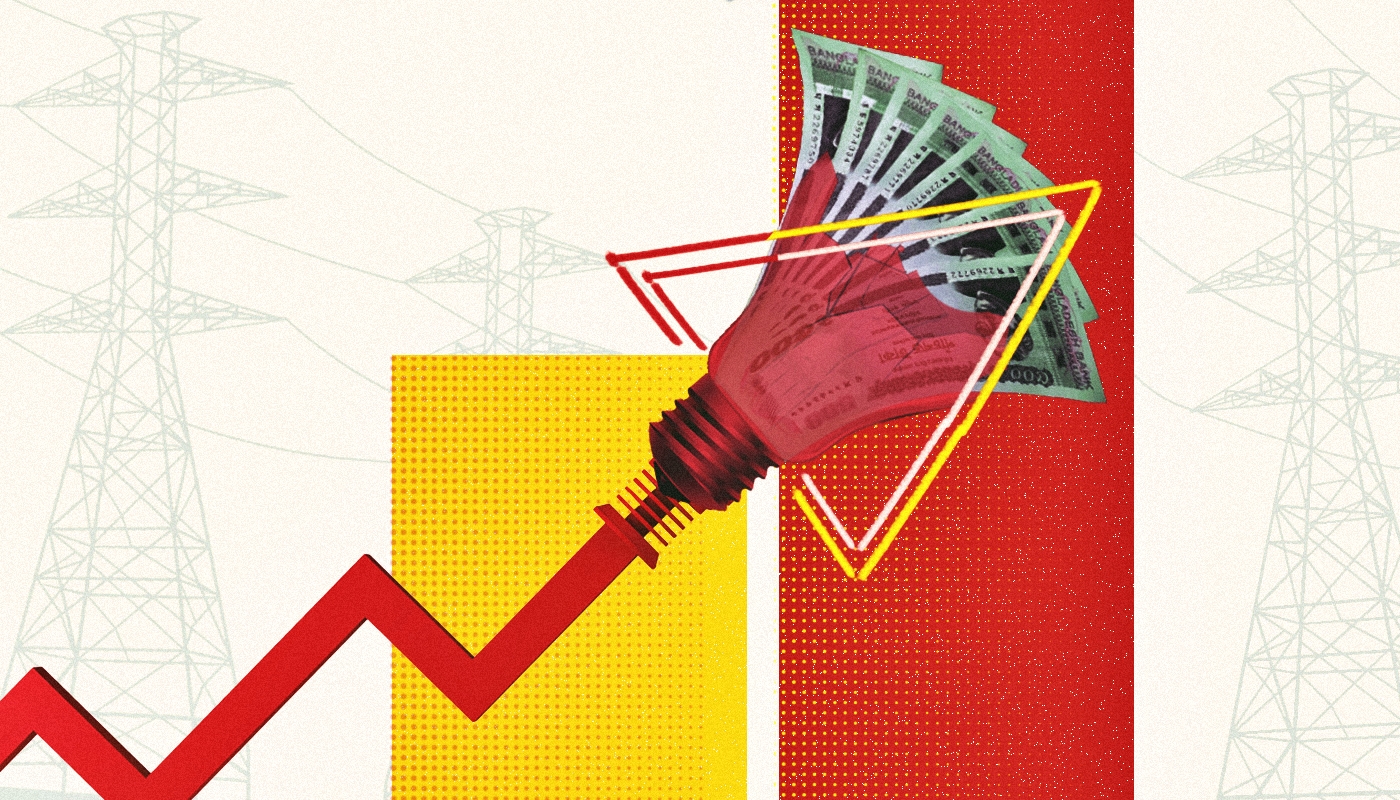The absurdity of subsidies in power sector

In a frustrating if predictable move, the government has once again allocated a third of the budget for subsidies to the power sector, an overwhelming majority of which will be used to pay off capacity charges. It seems no amount of expert logic, public outrage, or even IMF prescriptions can discourage the government from wasting public funds on paying private power plants to sit idle. It has already spent more than Tk 1 lakh crore in capacity charges over the last 14 years. Research by the Centre for Policy Dialogue (CPD) reveals that capacity payments have skyrocketed from Tk 5,600 crore in 2017-18 to a staggering Tk 32,000 crore in the outgoing fiscal year, accounting for a whopping 81 percent of total subsidies in the power sector.
Instead of bringing down capacity charges as a matter of priority, the government is constructing an additional 27 power plants, which can only translate to a further increase in capacity charges in the coming year(s). What's more outrageous is that the government has decided to raise power tariffs three to four times a year apparently to lower subsidies over the next three years. Electricity prices were raised by 8.5 percent in February this year, and thrice by 5 percent each last year. Why is the public being asked to pay higher prices in the name of reducing subsidies when, in fact, the government is increasing subsidy allocation in the power sector—from 32 percent of the total allocation last year to 37 percent in the proposed budget?
As always, it is the people who are being unfairly tasked with absorbing the burden of chronic mismanagement, collusion, and corruption in the power sector. This is simply unacceptable, particularly given that the government does not seem to be taking any visible steps to address the root causes of high production costs—a lack of transparency and accountability in awarding contracts, overreliance on expensive imported fuels, and neglecting domestic gas exploration and renewable energy sources. Subsidies make sense when they ensure cheaper and more accessible services and amenities to the public, not when they prop up big business groups at enormous cost to the country and ordinary citizens.
As we have argued time and time again, the power sector needs an overhaul. At the very least, and on an immediate basis, the government needs to renegotiate power purchase agreements with the private power plants, replace outdated plants with efficient ones to reduce overall power generation costs, and diversify its fuel sources. The energy sector has been allowed to remain unaccountable for far too long. Such looting of public funds must stop.



 For all latest news, follow The Daily Star's Google News channel.
For all latest news, follow The Daily Star's Google News channel. 


Comments